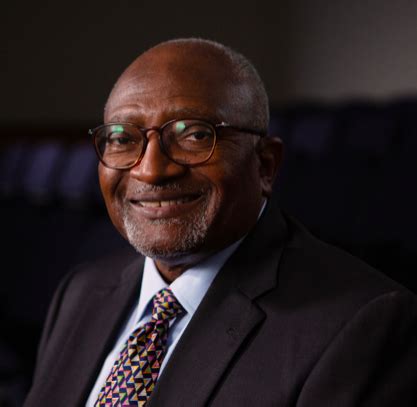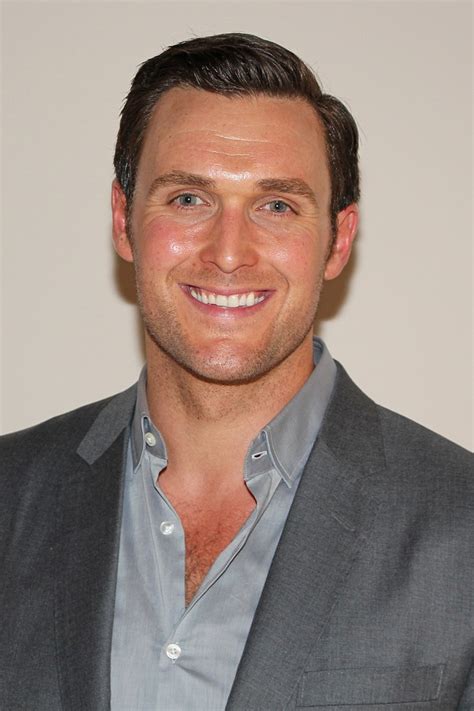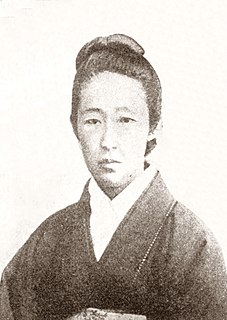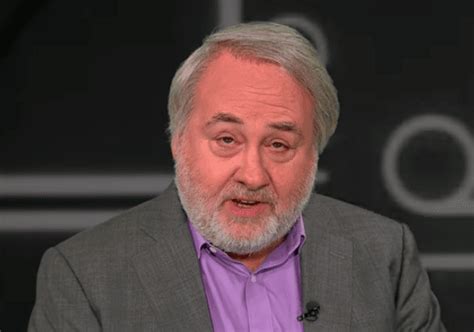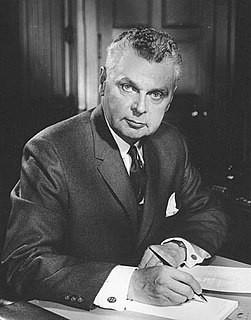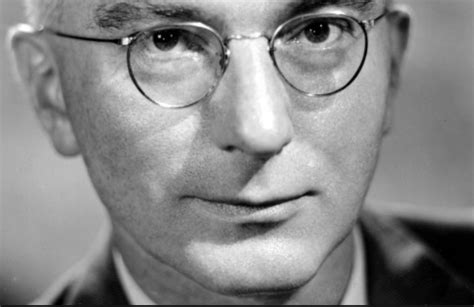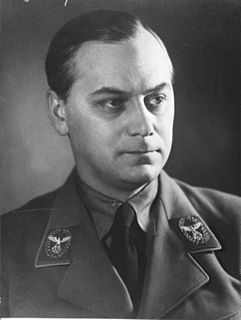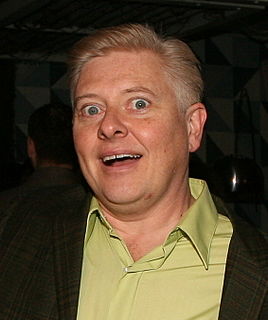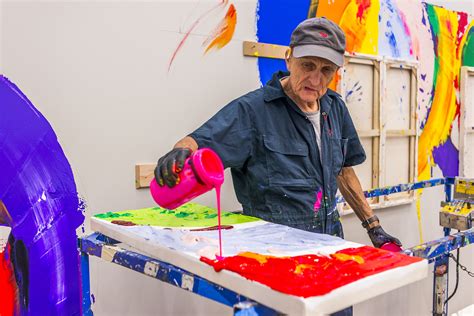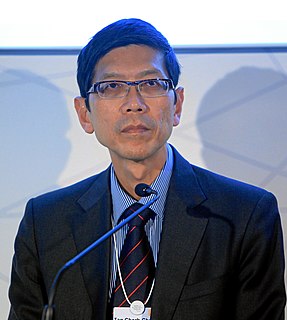Top 1200 Environmental History Quotes & Sayings - Page 3
Explore popular Environmental History quotes.
Last updated on April 16, 2025.
An environmental revolution is taking shape in the United States. This revolution has touched communities of color from New York to California and from Florida to Alaska - anywhere where African Americans, Latinos, Asians, Pacific Islanders, and Native Americans live and comprise a majority of the population. Collectively, these Americans represent the fastest growing segment of the population in the United States. They are also the groups most at risk from environmental problems.
Biology is a science of three dimensions. The first is the study of each species across all levels of biological organization, molecule to cell to organism to population to ecosystem. The second dimension is the diversity of all species in the biosphere. The third dimension is the history of each species in turn, comprising both its genetic evolution and the environmental change that drove the evolution. Biology, by growing in all three dimensions, is progressing toward unification and will continue to do so.
The 'environmental crisis' has happened because the human household or economy is in conflict at almost every point with the household of nature. We have built our household on the assumption that the natural household is simple and can be simply used. We have assumed increasingly over the last five hundred years that nature is merely a supply of 'raw materials,' and that we may safely possess those materials by taking them.... And so we will be wrong if we attempt to correct what we perceive as 'environmental' problems without correcting the economic oversimplification that caused them.
Environmental history was . . . born out of a moral purpose, with strong political commitments behind it, but also became, as it matured, a scholarly enterprise that had neither any simple, nor any single, moral or political agenda to promote. Its principal goal became one of deepening our understanding of how humans have been affected by their natural environment through time and, conversely, how they have affected that environment and with what results.
If I had to catalog all the moronic plot turns in The Day After Tomorrow, we'd be here until the next ice age. It's just so very bad. You can have a pretty good time snickering at it-unless, like me, you think there's something to this global warming thing, and you shudder at the irony of a movie meant to warn people about a dangerous environmental trend that completely discredits it. Is it possible that the film is a plot to make environmental activists look as wacko as anti-environmentalists always claim they are?
I love art, and I love history, but it is living art and living history that I love. It is in the interest of living art and living history that I oppose so-called restoration. What history can there be in a building bedaubed with ornament, which cannot at the best be anything but a hopeless and lifeless imitation of the hope and vigor of the earlier world?
We should emphasize not Negro History, but the Negro in history. What we need is not a history of selected races or nations, but the history of the world, void of national bias, race, hate, and religious prejudice. There should be no indulgence in undue eulogy of the Negro. The case of the Negro is well taken care of when it is shown how he has far influenced the development of civilization.
The settler makes history and is conscious of making it. And because he constantly refers to the history of his mother country, he clearly indicates that he himself is the extension of that mother country. Thus the history which he writes is not the history of the country which he plunders but the history of his own nation in regard to all that she skims off, all that she violates and starves.
'London' is a gallery of sensation of impressions. It is a history of London in a thematic rather than a chronological sense with chapters of the history of smells, the history of silence, and the history of light. I have described the book as a labyrinth, and in that sense in complements my description of London itself.
History is my passion. So I write what I love to read. I find that if I combine history with a strong, sensual romance, it is like a one-two punch. The reader doesn't want the history without the romance, and of course the heavier the history, the more it has to be leavened with a sensual, all-consuming love story.
Families of privilege and money would have harps in their parlors, and their cultured daughters would learn to play. It's got such a strange history. But that wasn't the context that I learned it in, so the inherent friction between that history and the more humanist folk-y history wasn't in my conscience at all.
The introduction of the Christian religion into the world has produced an incalculable change in history. There had previously been only a history of nations--there is now a history of mankind; and the idea of an education of human nature as a whole.--an education the work of Jesus Christ Himself--is become like a compass for the historian, the key of history, and the hope of nations.
History is not everything, but it is a starting point. History is a clock that people use to tell there political and cultural time of day. It is also a compass that people use to find themselves on the map of human geography. History tells a people where they have been and what they have been, where they are and what they are. Most important, history tells a people where they still must go, what they still must be. The relationship of history to the people is the same as the relationship of a mother to her child.
I have to throw in on a personal note that I didn't like history when I was in high school. I didn't study history when I was in college, none at all, and only started to do graduate study when my children were going to graduate school. What first intrigued me was this desire to understand my family and put it in the context of American history. That makes history so appealing and so central to what I am trying to do.
Black History is enjoying the life of our ancestors who paved the way for every African-American. No matter what color you are, the history of Blacks affected everyone; that's why we should cherish and respect Black history. Black history changed America and is continuing to change and shape our country. Black history is about everyone coming together to better themselves and America. Black history is being comfortable in your own skin no matter what color you are. Black history makes me proud of where I came from and where I am going in life.
We should stop the non-scientific, pseudo-scientific, and anti-scientific nonsense emanating from the right wing, and start demanding immediate action to reduce global warming and prevent catastrophic climate change that may be on our horizon now. We must not let the [Bush] Administration distort science and rewrite and manipulate scientific reports in other areas. We must not let it turn the Environmental Protection Agency into the Environmental Pollution Agency.
One third of all of our cancers are from tobacco. It's one of the big killers in America and more than half of our kids still have environmental tobacco smoke exposure when environmental tobacco smoke is known to be associated with sudden infant death syndrome, with ear infections, respiratory infections and the rest. If we had to pick something to really go after, that would be one that I would really argue is an extraordinarily high priority and something people can actually do something about.
The environmental issues we face today are complex and span many knowledge domains. This undergraduate degree programme in Environmental Studies will nurture a pool of graduates who are able to think deeply and broadly about these issues, and help develop novel solutions for Singapore, Asia and beyond. I am delighted at this programme for another reason - it is the first undergraduate course that draws on expertise from eight Faculties in NUS, making full use of the comprehensive strengths of our University.
I definitely love history. I'm not formally trained or educated in history, but you could say I did go back to college in 2008 to do Untold History of the United States. That took five years. Co-author Peter Kuznick has been teaching history for something like 35 years, at American University and other places. His group of researchers brought me into contact with a lot of books.
London' is a gallery of sensation of impressions. It is a history of London in a thematic rather than a chronological sense with chapters of the history of smells, the history of silence, and the history of light. I have described the book as a labyrinth, and in that sense in complements my description of London itself.
The problem the world faces today is that only one-third of the world's population lives in decent circumstances, while half the population of the world lives on one or two dollars a day. And even as we have this poverty and backwardness, we are facing a global environmental crisis. We need developmental models that will take into account the specific and unique position of each country and at the same time will address the environmental crisis.


